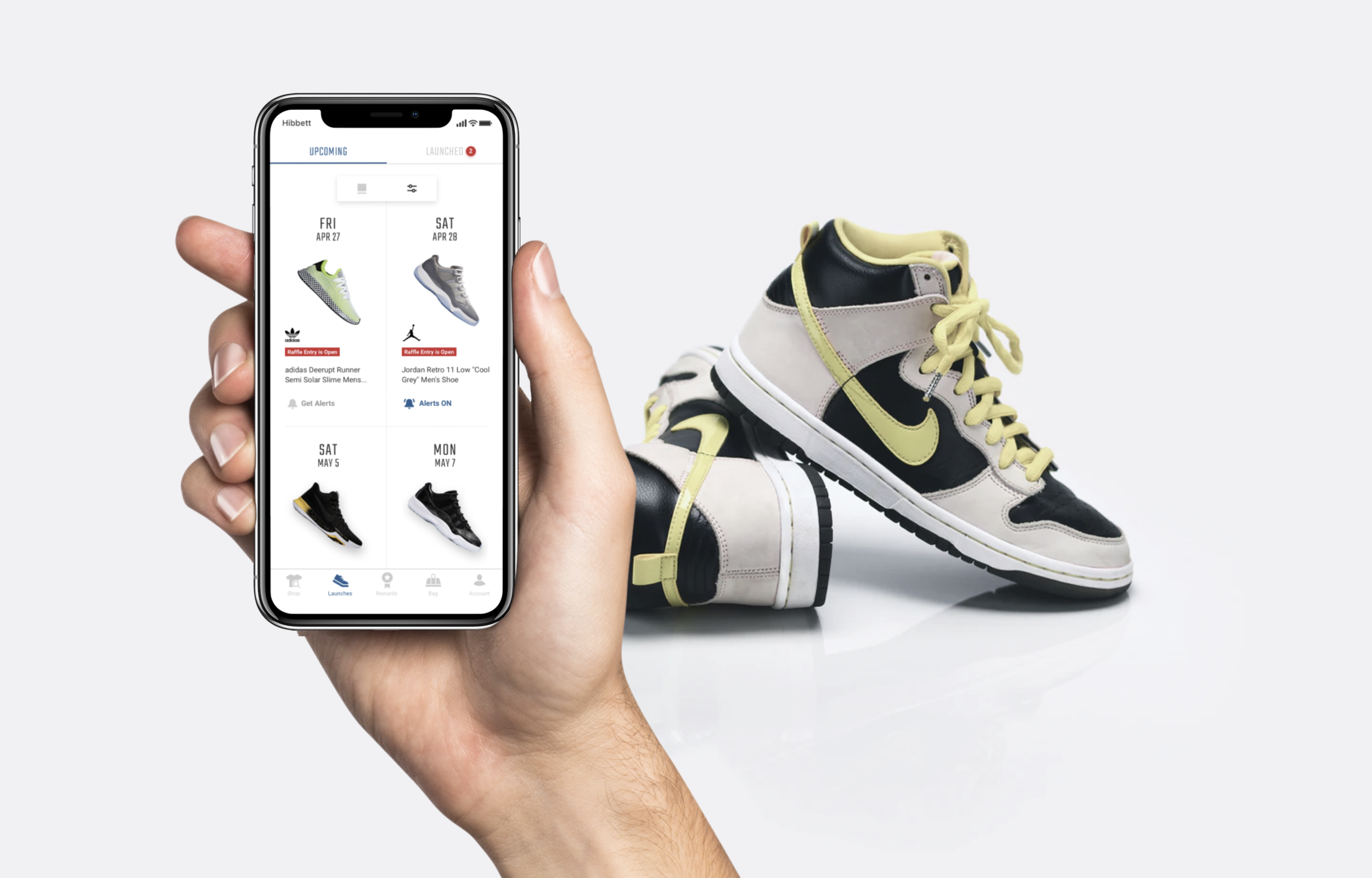Introduction
Working from home has revolutionized our view of our careers. There are more freelance workers now than ever before. The switch from an office job to a freelance professional can be liberating for some, however, it’s common for freelancers to experience higher levels of anxiety and depression than other workers.
A shocking statistic shows us that 50.82% of workers admitted that they’ve experienced burnout as a result of working remotely. Though it’s common for freelancers to experience extra stress, it shouldn’t be out of your control. Running your own business should be rewarding, not damaging to your health.
Luckily, there’s a wealth of tried and tested tips to help freelancers protect their mental health when working alone. If you’re in need of some healthy working habits or some de-stressing tips, keep on reading to explore our best freelance advice!
Table of Contents
Why Is It Important To Be Proactive About Your Mental Health?
It can be easy to forget to look after your mental health, especially when you’re overwhelmed with work and deadlines. But, you shouldn’t leave your mental well-being until it’s too late. It’s important for all of us to put our mental health first as, without it, we can’t work or build our careers at all.
Taking proactive steps instead of reactive steps will transform your work life. It’s proven that taking time for yourself and reinforcing your work boundaries will prevent burnout and it can also reduce anxiety levels too. Being proactive means you start implementing mental health strategies before you feel any adverse effects of freelance work. It keeps you protected against potential stress and depression too.
So if you don’t have a proactive mental health plan yet, it’s time to create one! The tips in this article will help you create a healthy mindset to ensure your mental health comes before your work. You can’t successfully run a freelance business if you don’t look after your well-being too.
The Best Tips For Any Freelancer
Whether you’re new to freelancing or not, it’s always a good idea to refresh your mental health strategy. No one can produce their best work whilst feeling down, plus the other areas of your life will become difficult too. Make sure you put your health first with some of these freelance mental health tips.
1. Don’t Compromise Your Value
One of the top tips and freelance basics is to never compromise your value. If you take on projects or clients that don’t align with your ethics or values, you’ll suffer through the work and your mental health can potentially take a big hit.
It can be hard to find work that’s right for you when you’re at the start of your journey. We all take on odd jobs when we start freelancing, it’s often needed to build up a portfolio, but make sure you aren’t at odds with the work. Sticking to your values will pay off in the long run and it will save you stress at the moment too, trust us more work will come your way that you will agree with.
2. Set Boundaries With Clients
Another basic freelance rule is to ensure you set boundaries with clients. Sometimes we work with clients that think differently from us. For example, you may be working with someone who constantly emails you outside of office hours or they may demand you do more work for free. It’s also sadly common to meet clients who refuse to pay your basic rates.
If you’re new to freelancing or experiencing a dry spell in terms of work, you may be tempted to work with a difficult client. For your mental health, you should seriously consider if you need to work with someone that you know will stress you out. Working with needy clients, low pay, and short deadlines can leave you seriously burnt out. Either negotiate for a deadline or pay that works for you or move on.
No one wants to be working late for a low rate while a client sends nagging emails! Put your mental health first and say no.
3. Avoid Working In Evenings Or Weekends
This point is similar to the one we just mentioned, but don’t let your work life bleed into your free time. Taking on big projects is necessary sometimes, but constantly working in the evenings or weekends will leave you feeling frustrated and exhausted.
As humans, we need time to chill out. No one was meant to work 24/7, so plan your time wisely and be honest with yourself about how much you can complete in one week. During the pandemic, many of us found ourselves working for longer and on our days off too. Just because you’re working from home, doesn’t mean you need to spend every second of the day chained to your laptop.
4. Look After Your Physical Health
Your physical health will always affect your mental health. Whether you like it or not, exercise is an important aspect of freelance life. As remote workers, we tend to stay home and don’t have commutes. While this is a bonus of freelancing, it also means we lack movement. It’s important to get up and not stay sitting in one place all day.
We understand that exercise isn’t for everyone, you don’t need to join a sports team! Just make sure you’re up and moving at least once a day. Popular ways to incorporate movement into your freelance routine include yoga, a 30-minute walk, an evening run, a quick intense workout, or even walking a dog. There’s no routine to follow, just do what works for you and makes you feel best.
Do not forget to have regular medical check-ups as well. A visit to a dentist, for example, is something that most people tend to ignore, not knowing that their dental health contributes to their overall physical health. You can check out this dentist in lancaster for professional advice.
5. Nutrition And Hydration Are Important
Similarly to regular exercise, staying on top of nutrition and hydration is important too. You want your physical body to be running as smoothly as possible for optimum productivity and mental wellbeing.
Good ways to make sure you are drinking and eating enough include:
- Meal prepping at the start of the week.
- Eating a balanced diet.
- Taking necessary vitamins.
- Swapping chips for healthy snacks.
- Drinking 8 cups of water a day.
- Replacing coffee with herbal teas.
You may have your health hacks, but just make sure you are sticking to a healthy diet. Prepping a nutritious meal from scratch is time-consuming, however, you mustn’t rely on junk food and soda to duel you every day. If you’re feeling stuck, try researching quick and easy meals to help you eat well.
6. Take Frequent Breaks
It’s easy to become transfixed on work, especially when you’re working from home with no distractions. While this can be a good thing for getting projects done, it’s important to stop and take a break now and then.
You can create a plan with fixed lunch breaks, or you can just listen to your body and take 15 minutes when needed. Either way, allowing your body some rest instead of pushing through will help your mind relax and it’ll reduce anxiety levels too.
7. Get A Change Of Scenery
If you can feel yourself getting stressed, it could mean you need to get a change of scenery. This might not always be doable as projects have deadlines. But, if you can spare 30 minutes, take yourself for a short walk. A breath of fresh air and some nature are essential to staying calm. It’s also suggested that nature boosts your mood too, so if you can incorporate walks outside into your weekly schedule.
8. Talk It Out
Venting is a key strategy when you’re stressed. Talking about your problems to someone you trust can relieve your mind and often you come to a solution too. Try to take time out from working and call a trusted friend or family member and have a chat.
Even if you don’t need to vent, it’s important to schedule time for socializing too! One of the downsides of freelance life is that you lack day-to-day interactions with office colleagues. Since we are social beings, we need to make an effort to chat with others. A good laugh is the best way to beat the blues.
9. Avoid Comparison With Others
This tip may be easier to say than to do, but you should avoid comparing your career journey with others. It’s a human trait to feel jealousy, but when you catch yourself examining another freelancer’s work, stop and be kind to yourself.
Comparison is the thief of joy, always remember that everyone’s journey is different and you’ll never truly know the ups and downs of another person’s work.

10. Speak With Other Freelancers
While talking to friends and family can boost your mood, they might not fully understand the ins and outs of freelance work. It can be beneficial to reach out to other freelancers to get some perspective from other industry professionals. Facebook groups and online forums are a great way to meet like-minded workers for advice or general chit chat too.
11. Try Out Some Self-Care
Self-care is a very popular way to look after your mental health these days. This has removed the stigma of looking after ourselves and allowed us to put our mental and physical health first. There is a broad range of resources online for self-care as your needs will look different from others’ needs.
The most popular self-care activities include:
- Skincare routines
- Cooking meals from scratch
- Starting new hobbies
- Going for a run
- Calling friends
- Indulging in a new Netflix series
- & more!
12. Meditation
Meditation isn’t for everyone, but we think everyone should try it at least once. This is an especially helpful tool if you’re prone to anxiety or feeling overwhelmed. Talking a minimum of 10 minutes per day to be present with your thoughts will help you calm yourself and gain a new perspective on work. It can be helpful to use guided audio if you’re new to meditation, these are easily found on YouTube or Spotify.
13. Create A Plan
Working with a plan helps you stay organized and it can stop you from spreading yourself too thin. If you often find that you end up working into your evenings or weekends, you may need to plan your time better. Try organizing your projects, admin tasks, and breaks into a weekly planner. This will save you stress in the long run and you’ll never miss a deadline again!
14. Take Time Away From Your Screen
This tip may seem to oppose your work, however, it’s important to take breaks from your screen. Taking time away is even more important if the majority of your workday is spent looking at a screen!
The blue light from our laptops and phones can disrupt our sleep, cause eye strain, and general stress too. Spending the hour before you sleep without screens is a good way to improve your sleep quality and it also improves your mental health too.
15. Create Healthy Habits
Though you can create healthy habits from many of the tips on this list, there are a few changes we can make that are easier to implement. Doing these actions every day will leave you feeling more positive about starting a new day of work.
Popular healthy habits include:
- Reducing your sugar intake.
- Going to sleep and waking up at the same time daily.
- Leaving the house once a day,
- Getting dressed for work in the morning (pajamas are comfortable, but “work clothes” can make you feel more productive).
- Drinking enough water.
Some of these habits may seem trivial, but if we are honest with ourselves sometimes we don’t do all of them. How many of us can admit that we sometimes work from home in our pajamas? It’s nothing to be ashamed of, but making an effort to perform healthy actions can positively impact your mental wellbeing.
16. Reach Out For Help
It’s okay not to be okay. Sometimes we need to be honest with ourselves and about our health. Feeling depressed or anxious is the same as being physically unwell, so make sure you do reach out for help if it’s needed.
It can be helpful to talk to trusted loved ones when you’re ready to reach out. They can help you choose the right professional for you/ Whether you opt for counseling, therapy, or a life coach, asking for help is a brave step that will help you feel more like yourself again.
The Takeaway
Freelancing can be tough sometimes, but remember the hard times will pass. Taking your career into your hands is rewarding and exciting! Just remember to be kind to yourself and stop when you need to. You’re not a content machine that works to the whims of clients, put your mental health first sometimes.
Do you use any freelance work tips? Let us know your favorite strategies in the comments.
















